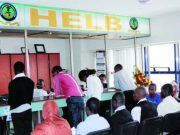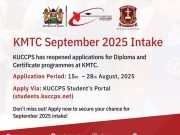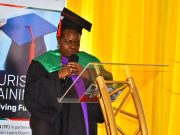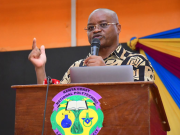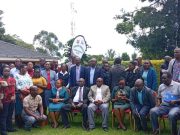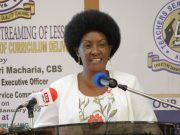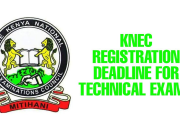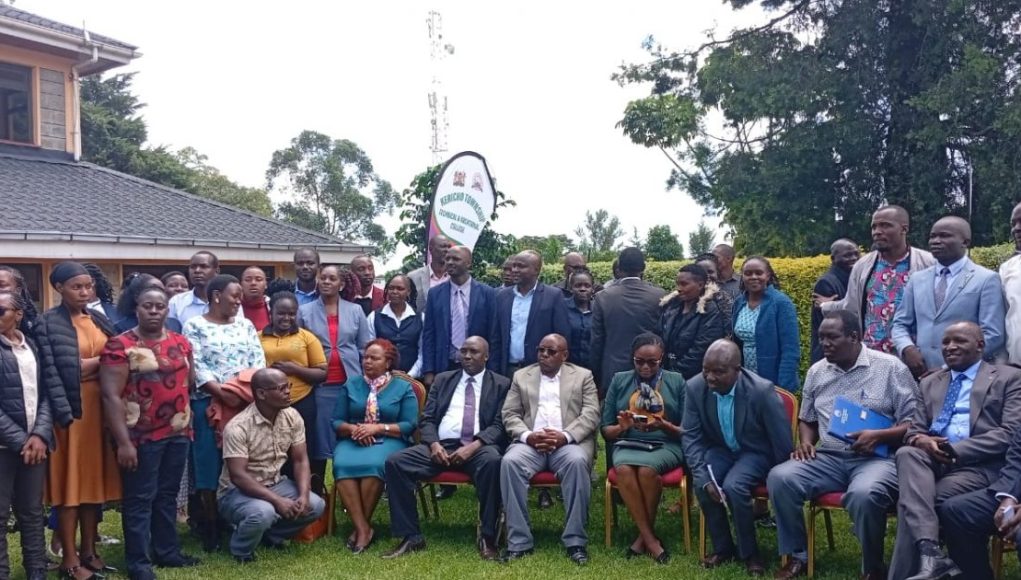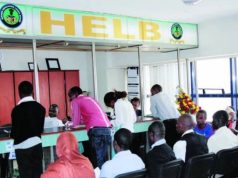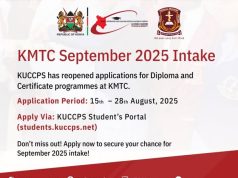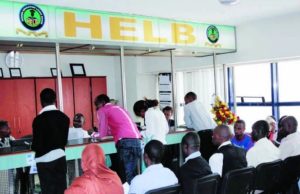The government has initiated a regional training workshop in the South Rift region to enhance the Recognition of Prior Learning (RPL) framework, aiming to formalize skills acquired in the informal sector and expand access to certified qualifications.
The training, conducted at Holy Trinity ACK Church in Kericho Town, was officially inaugurated by Dr. Alice Kande, CEO of the Kenya National Qualifications Authority (KNQA), on behalf of Dr. Esther Thaara Muoria, Principal Secretary in the State Department for Technical and Vocational Education and Training (TVET).
In a speech delivered on her behalf, Dr. Muoria highlighted that the training is designed to build the capacity of TVET trainers, master craft persons, and workshop technicians to assess prior learning. This initiative is part of the national rollout of the RPL programme.
The government plans to scale up the number of trained RPL practitioners from the current 400 to 7,000 by the end of 2025. Additionally, all 245 operational TVET institutions are expected to become RPL assessment centers.
“The initiative also targets the assessment and certification of at least 700,000 informal sector workers, including Jua Kali artisans and MSMEs, up from the current 5,170,” she added.
Dr. Muoria emphasized that RPL offers individuals who have gained skills outside formal education a pathway to attain recognized qualifications. She noted that this is especially crucial for the over 15 million Kenyans working in the informal sector without academic credentials despite extensive hands-on experience.
“Through RPL, they can earn full, partial, or micro-credentials that improve their employability and social mobility,” she said.
Inclusivity is a core objective of the programme, with the current training also involving industry-based master craft persons and workshop technicians. This broader participation aims to develop a robust assessment system supported by both educational and industrial expertise.
Dr. Muoria also mentioned ongoing reforms in TVET, including modularization and unitization of training programmes to allow better integration with RPL and greater flexibility for learners.
With backing from partners like the African Development Bank and the MasterCard Foundation, an additional 1,850 artisans and 1,250 workers in the Blue Economy sector will be evaluated through initiatives such as the Kenya Blue Economy Skills Transformation (KBEST) project.
To improve credibility and recognition of RPL-acquired qualifications, all certified individuals are being registered in the Kenya National Qualifications Database, enabling employers and institutions to easily verify credentials both locally and internationally.
She further noted that RPL is supporting national development initiatives such as the Affordable Housing Programme (AHP) by certifying construction workers, offering industrial attachments to TVET students, and granting Jua Kali artisans access to institutional resources and equipment.
The PS praised the RPL Delivery Unit for its effective coordination of the programme and urged stakeholders to continue their collaborative efforts.



